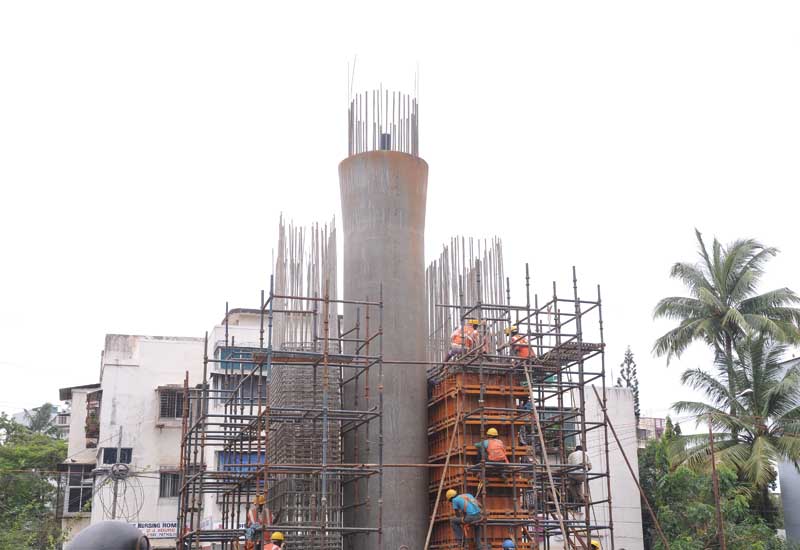While it is fashionable to speak about infrastructure projects and related constraints in the same breathe, it is more important to have a solution oriented approach to the subject if India is to keep its date with the envisaged economic growth. It is exactly from this perspective that the Construction Summit 2010 had been organised jointly by the Confederation of Indian Industry (CII) and the Construction Federation of India (CFI) in New Delhi recently.
Aptly titled ‘Infrastructure: Reviewing the Fundamentals to Accelerate Development’, the Summit aimed to serve as a platform for a meaningful interaction between government functionaries and construction companies as well as other important associated entities. Key representatives of these important components of the infrastructure industry exchanged views on the challenges impacting the functioning of the sector and also explored strategies for future growth. The Summit was inaugurated by Sushil Kumar Shinde, Union Minister of Power in the presence of YM Deosthalee (CFO & Board Member – L&T Ltd), BK Chaturvedi (Member, Planning Commission) and Ajit Gulabchand (CMD – HCC Ltd, President – CFI & Summit Chairman). The three sessions of the Summit were designed to focus on the key issues.
The Power Minister started the Summit on a very positive note and pointed out the role played by the private sector in nation building. Based on his experiences, (both in the ministry as well as from the past) he offered workable solutions to the common problems faced by industry like land acquisition, availability of skilled labour and project management.
“Profit making companies should loosen their purses while giving compensation to project affected people. Hundred crore rupees for land should not be a problem for companies executing projects worth thousands of crore,” he said. “On the day we lay the foundation stone of a project, we also start an ITI to impart technical training to the project affected people.
The ITI’s cost is in-built in the project and it turns out to be a win-win situation,” he said explaining his ministry’s initiative. “Instead of thinking about the immediate future, a long-term vision is needed if we are to build world-class infrastructure,” he remarked.
The Summit echoed his opinions in terms of the need to urgently address the way infrastructure projects are planned, executed, managed and operated since the realization of the mega targets envisaged in the XIIth Five-year plan depends on it.
To the next level
(NULL)
SHARE

